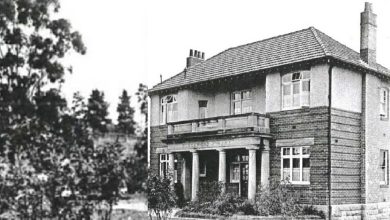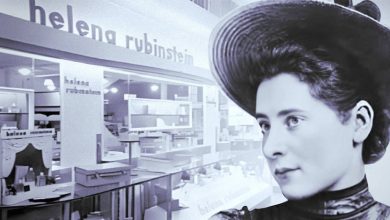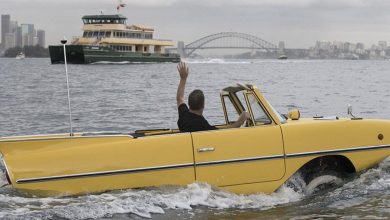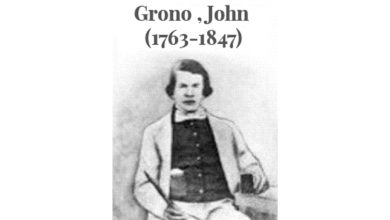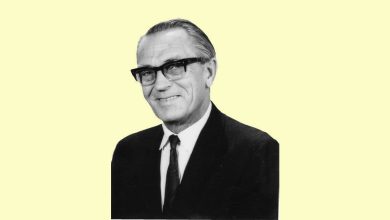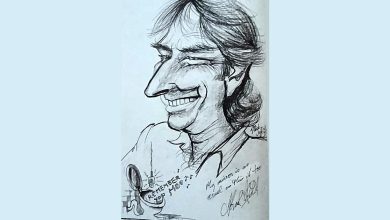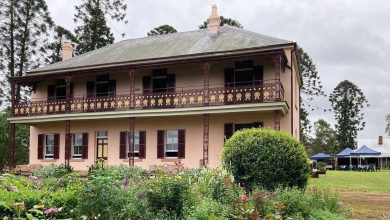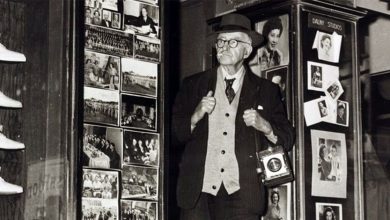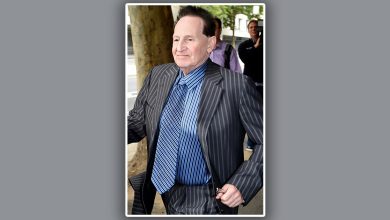By Ivor Jones
Lodged between Maraylya and Pitt Town is Scheyville National Park. School
The site has had various uses before becoming a National Park in the 1990s and is memorable to many who have stayed there under its varied guises.
Scheyville has a rich heritage that gives us a great insight into the past 175 years of Australian history. It has played host to a government co-operative farm and an agricultural training facility. In World War I, it was an internment camp, in World War II, a training base for the First Australian Parachute Battalion.
It’s also been a migrant camp for new Australians and an officer’s training unit in the Vietnam War. Scheyville has seen it all. And its remarkable life continues too: around a quarter of a million Australians are linked to the Scheyville site through their ancestors. Because of this, Scheyville is recognised by the NSW State Heritage Register.
In 1896 a Casual Labour Farm was established to provide accommodation, food, training and short- term employment for the unemployed, alcoholics and down-and-out men in what was then a portion of Pitt Town.
It became known as Scheyville in 1907 due to the continuous involvement of the Director of Labour, William Francis Schey. A programme was introduced to teach basic farm skills to ‘town boys’ from the age of 12 who were then sent to jobs in the country.
A change in 1910 saw the commencement of the Dreadnought Scheme which brought able-bodied British youths aged from 14 to 19 years to Scheyville Agricultural Farm for training in farm skills before being apprenticed to NSW farmers for up to three years.
The funding for the scheme was provided from £90,000 which had been raised in NSW by public subscription for the purchase of a Dreadnought class battleship for the British navy in defence of the Commonwealth.
With the commencement of WW1 in 1914 the school was used briefly as an internment camp for the crew from German vessels afterwards the class reverted to a farm school until 1939 due to the outbreak of WWII.
As a Farm training class, many a young man has received education on animal husbandry, crop raising and farming in general. The following is a copy of a letter to the Editor of the Sydney Morning Herald dated 19 August 1936.
TO THE EDITOR OF THE HERALD.
Sir, May I again, through your valuable columns, draw attention to the wonderful opportunities the Department of Labour and Industry offers to unemployed boys at Its 3000 acre agricultural training farm at Scheyville (pronounced Skyville) in the beautiful Hawkesbury River district.
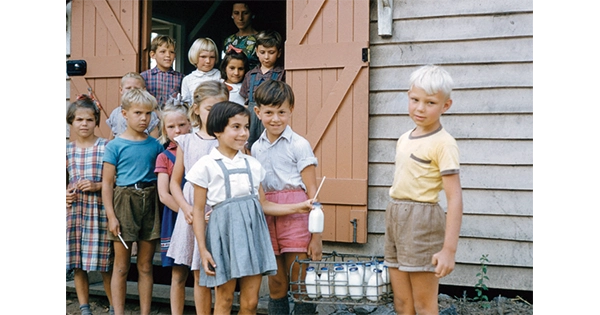
Courtesy of the Migrant Heritage Centre.
Here under most favourable conditions, a lad may receive a three month’s free course either in general agriculture or any special branch. He is comfortably housed and well fed and is provided with pocket money, free motor transport to and from Mulgrave Station (five miles away) when on week-end leave, and the honorary services, when required, of doctor dentist and chemist, whilst in case of emergency, expert first-aid is ever available.
The physical, social and spiritual needs of the boy are also well catered for, and, at the conclusion of his term of training, a good position is found for him. Visiting the farm about 18 times each year I can commend Scheyville most highly to unemployed boys and their parents. I am etc
P. J. L. KENNY,
Director, Father and Son Welfare Movement, St. Barnabas Building, Broadway, Sydney. Broadway, Aug. 17.
So there we have a very brief outline of Scheyville as a FarmSchool in 1930s.
As a 7 year old migrant in 1953, Joe Kowalczyk recalled that he woke to discover what he remembers as “a summer camp, an adventure playground”; set in rolling bushland 45 kilometres north-west of Sydney.
“There were forests, and creeks and dams. We”d swim, make rafts and cubby houses, pick wild mulberries and blackberries, and fish. Oh, the fish, eels, catfish, carp, mullet. Mum would cook them in sweet and sour sauce, with slimy wild mushrooms. Mum’s first impression was “Oh! It’s a prison.”
During 1964 with Australia joining the war in Vietnam the camp was converted once more to military use with the Army using it as an Officer Training School. Later the camp was used for Police training in tactical weapons use during which many buildings were destroyed or damaged. It has also been used for accommodation for students at the Hawkesbury Agricultural School.
In 1996 Scheyville was declared a National Park ensuring the preservation of the area’s rich cultural and natural heritage. The park includes Longneck Lagoon, a significant wetland area and wildlife breeding ground.

